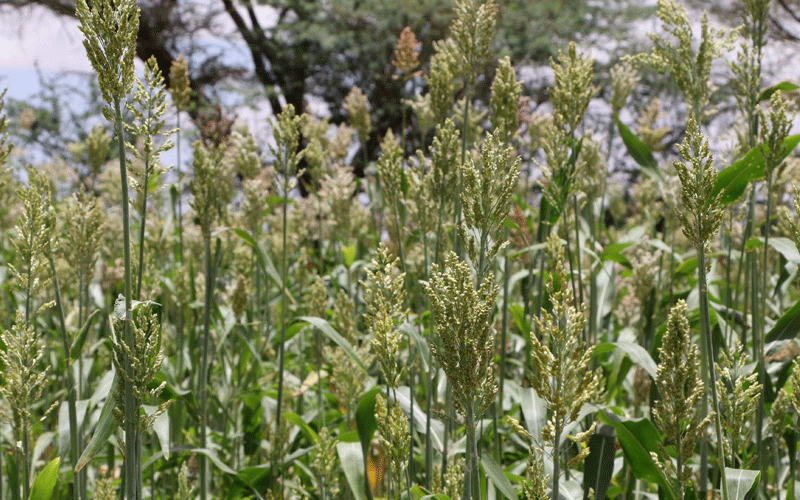Kenya must dissect pesticides question
By Christopher Owuor, May 25, 2021The case of Kenya’s food security situation emerges every time pressure mounts on the use of pesticides deemed harmful to human health, and rightfully so, because this has been an area of uncertainty for years.
Considered a net food importer, Kenya faces a huge dilemma whether to go organic or continue using pesticides, hence the need to have a sober and candid discussion on the important issue.
To maintain sanity in the delicate debate, a petition was made to the National Assembly in September 2019 to withdraw harmful pesticides from the Kenyan market.
Sponsored by pressure groups from Europe, the petition stated that the Kenyan market had products classified as carcinogenic (24), endocrine disrupter (35), neurotoxic (140), mutagenic (24), and many others which supposedly had an effect on reproduction (262).
Truly, if access to safe food is a human right, Kenya must reject food production methods that endanger personal health.
Concerns abound that while such petitions are meant to enhance food safety, they offer no tangible solutions after pushing for the withdrawal of hazardous products, leaving a dangerous vacuum.
Further, there is need for scientific proof on the inherent dangers, so that every Kenyan appreciates such action.
That is why in its report in October 2020, the National Assembly’s departmental committee on Health warned against a blanket ban of products, without consideration of mitigation measures.
This is because such a move would lead to severe limitation of products available in the market, which will make the country unable to sustainably protect itself against pests.
More importantly, for a country that is a net importer of food such a ban would not only lead to food insecurity but will also make it expensive and reduce farmer incomes due to insufficient production.
Being the single country targeted by the pressure group in Africa means Kenya will be the only nation in the region to do away with such substances through a blanket condemnation.
Further, since the country is already importing substantial quantities of food from Tanzania and Uganda, if the petition were to pass, would mean Kenya will continue importing foodstuff which uses some of the products the petition targets.
That is why Kenyans must wake up and smell the coffee. There is need to relook and analyse what it portends to the nation and not give in to pressure that may sink the country into anarchy due to avoidable food shortage.
More Articles

